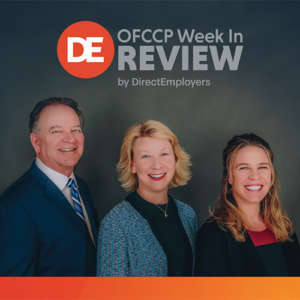 The DE OFCCP Week in Review (WIR) is a simple, fast and direct summary of relevant happenings in the OFCCP regulatory environment, authored by experts John C. Fox, Candee Chambers and Jennifer Polcer. In today’s edition, they discuss:
The DE OFCCP Week in Review (WIR) is a simple, fast and direct summary of relevant happenings in the OFCCP regulatory environment, authored by experts John C. Fox, Candee Chambers and Jennifer Polcer. In today’s edition, they discuss:
- Website Accessibility – Lawsuit Settlements Resource Page Updated
- EEOC Goes Remote
- OFCCP Issued a Very Narrow National Interest Exemption
- NILG Hosted “OFCCP Update Webinar”
- Comments Open on FMLA Forms
- Families First Coronavirus Response Act Passed
- Job Opening – Administrative Review Board Chair
- EEOC Released Q&A on ADA and COVID-19
- NLRB Suspended Representation Elections
- OFCCP Continues Operations During COVID-19
- DHS Announced Flexibility in Form I-9 Compliance
- EEOC Officially Seeks to Drop Component 2
- Special Alert: National Online Dialogue for Employers & Employees on Families First Coronavirus Response Act (FFCRA)
Tuesday, March 17, 2020: Website Accessibility – Lawsuit Settlements Resource Page Updated
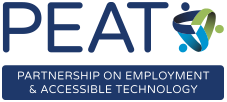
Resources Available:
- Accessibility of Websites and Other ICT
- Technical Accessibility Standards
- When is a Covered Entity Not Required to Provide Specified Services?
- How to Implement Website/ICT Accessibility Policies
- Appendix: View the Full List of 175 Settlement Agreements
While the Courts have still not yet fully resolved the legal issues surrounding the reach of the ADA’s Title II and III provisions, USDOJ nonetheless takes the position that Title II (covering state and local governments) and Title III (covering public accommodations) of the ADA covers Internet website access, mobile applications, and other forms of ICT.
Tuesday, March 17, 2020: EEOC Goes Remote

Wednesday, March 18, 2020: OFCCP Issued a Very Narrow National Interest Exemption
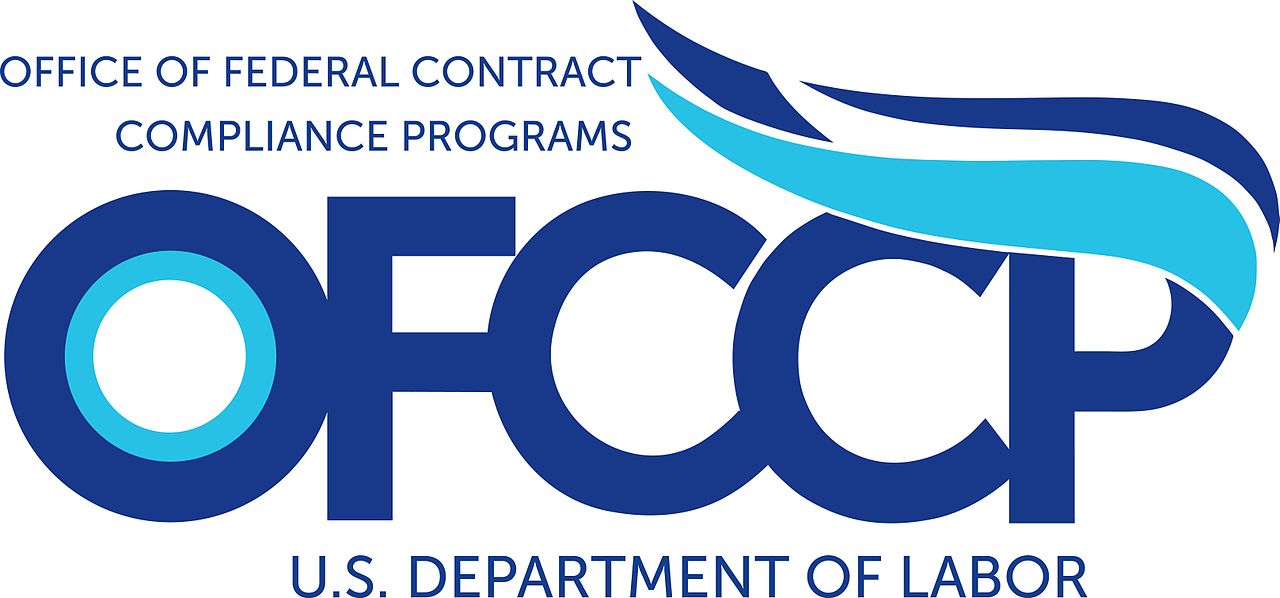
Bottom Line
If your organization already has existing Federal Government Contract(s) meeting the various OFCCP jurisdictional thresholds, it is business as usual. This exemption seeks to encourage new Federal Government Contractors to help COVID-19 relief efforts by temporarily lifting the burden to develop Affirmative Action Plans and many of the additional components that come with doing business with the federal government.
Who Gets an Exemption?
Federal contracting agencies which have entered into covered contracts to provide “coronavirus relief efforts” are not required to include in Coronavirus relief contracts the so-called “EEO Clauses” under all three of OFCCP’s programs.
Exempt from What?
Per the Memorandum, “In short, this exemption and waiver extends to all affirmative action obligations of supply and service and construction contracts…” but NOT Complaint investigations (which OFCCP, unlike the EEOC, has no choice under its Complaint Rules but to investigate).
- SEE FAQ #4 “Are contractors that hold only contracts falling under the March 17, 2020, National Interest Exemption exempt from all OFCCP obligations? If not, what obligations must they follow?”
For How Long?
For a period of three months, from March 17, 2020 – June 17, 2020, subject to possible extension.
Additional information:
Wednesday, March 18, 2020: NILG Hosted “OFCCP Update Webinar”

Agenda & Highlights
- Leadership Changes. Although nominated for Inspector General of the Office of Management and Budget, Director Leen potentially has a long road ahead before updating his business cards.
- Status of Audits. There have been no audits scheduled from the VEVRAA Focused Review List and no approval of the VEVRAA scheduling letter.
- OFCCP Top Priorities for 2020. There have been six financial and 22 non-financial conciliation agreements so far this fiscal year. Director Leen is on a mission to accomplish 70+ items before his departure.
- Lessons Learned from Focused Reviews. Most have lasted 1-2 days and are going well for employers.
- Compliance Review Trends. There has been a focus on the workforce analysis, as well as Section 503 and VEVRAA focused questions, on all types of compliance evaluations. In addition, employees continue to be aggregated into large pay groups.
- Key Takeaways. Potential AAP certification…get your plans ready on-time!
Listen to the entire recording (including Q&A) via the Webex link and download the slides.
Links to the Standard Compliance Evaluation Review (SCER), as discussed on the webinar:
- SCER for Supply & Service Review
- Instructions for completing the SCER
- SCER for Section 503 Focused Review
- SCER for a Construction Review
- The FCCM (Federal Contract Compliance Manual)
Wednesday, March 18, 2020: Comments Open on FMLA Forms
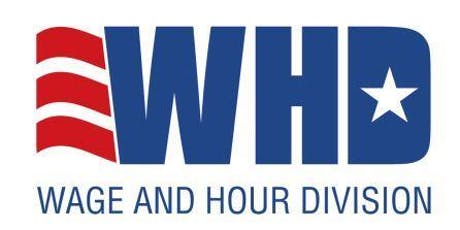
- Whether the collection of information is necessary for the proper performance of the functions of the Department, including whether the information will have practical utility;
- if the information will be processed and used in a timely manner;
- the accuracy of the Agency’s estimates of the burden and cost of the collection of information, including the validity of the methodology and assumptions used;
- ways to enhance the quality, utility, and clarity of the information collection; and
- ways to minimize the burden of the collection of information on those who are to respond, including the use of automated collection techniques or other forms of information technology.
Comments are due before April 17, 2020, at 11:59 EST.
What’s the deal with OMB Control Numbers?
A Federal agency generally cannot conduct or sponsor a collection of information extending to more than nine members of the public, and the public is not required to respond to an information collection unless the Office of Management and Budget (OMB) approves it and displays a currently valid OMB Control Number. In addition, a federal agency may not typically prosecute a member of the public for failing to comply with a collection of information that does not display a valid OMB Control Number, even if the agency actually does have the authority and approval to undertake the collection.
Thursday, March 19, 2020: Job Opening – Administrative Review Board Chair
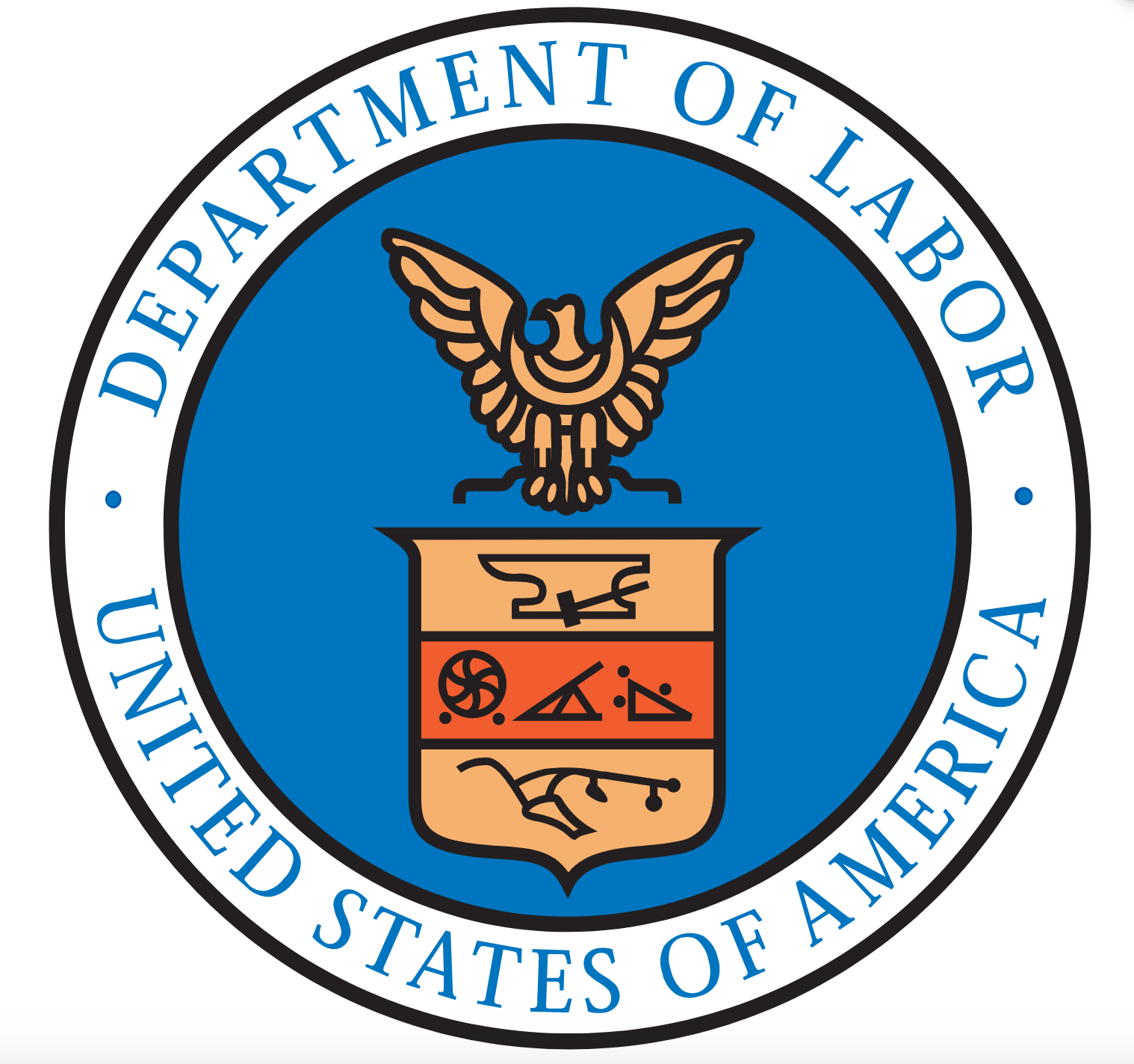
Acting Chair, Thomas Burrell currently leads the five-member Board.
Position Closing Date
Submit resumes (postmarked, if sent by mail; submitted electronically; or received, if hand-delivered) by 11:59 p.m. EST on April 09, 2020. See vacancy Notice for full details.
Thursday, March 19, 2020: EEOC Released Q&A on ADA and COVID-19

Thursday, March 19, 2020: NLRB Suspended Representation Elections
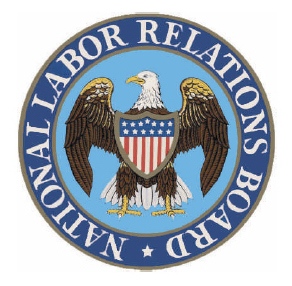
In addition, the NLRB has temporarily closed two (San Francisco & Denver) regional offices due to possible COVID-19 Exposures.
Friday, March 20, 2020: OFCCP Continues Operations During COVID-19

Friday, March 20, 2020: DHS Announced Flexibility in Form I-9 Compliance
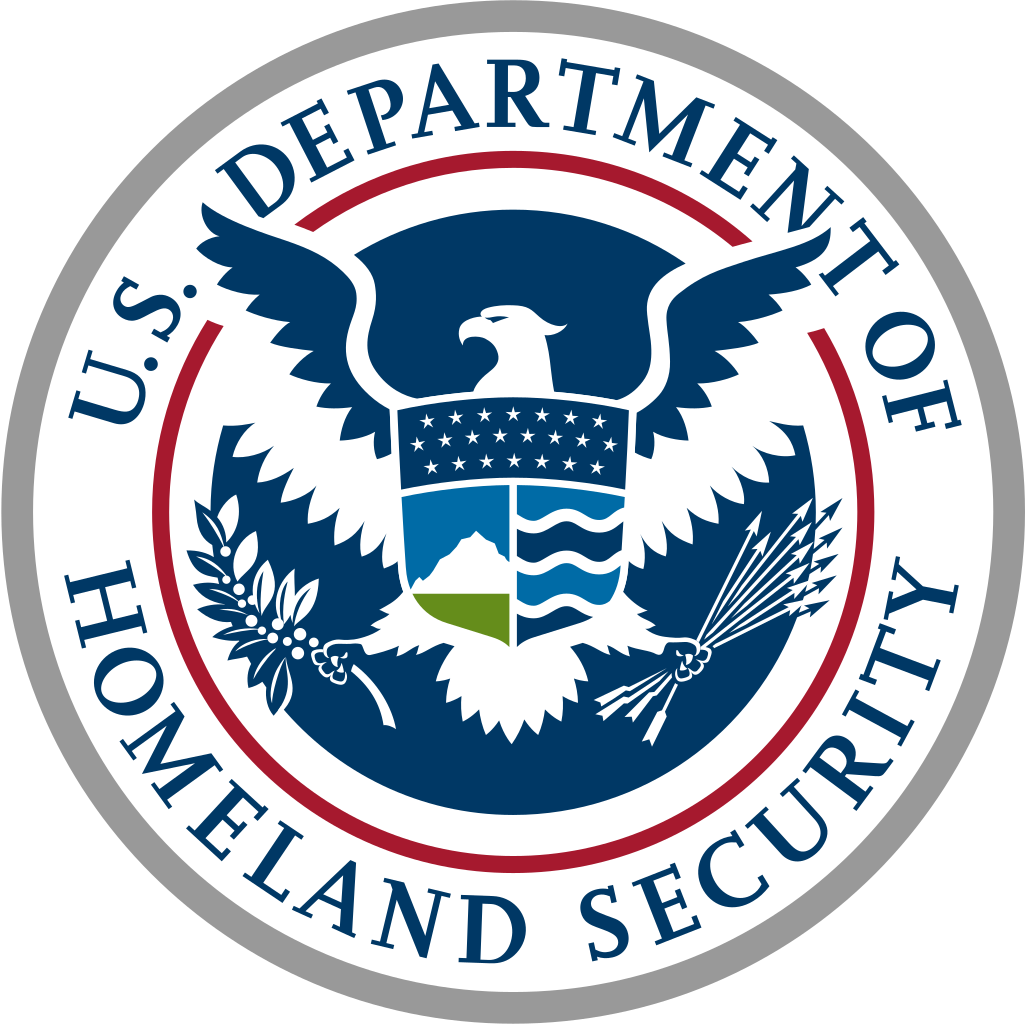
Temporary Process
Employers must still inspect the Section 2 documents; however, employers may temporarily examine the documents remotely (e.g., over a video link, fax or email, etc.).
Once Normal Operations Resume
Employers should conduct a physical review of the documents and enter “COVID-19” as the reason for the physical inspection delay in “Section 2 Additional Information.” After physically inspecting the documents, the employer should add “documents physically examined” with the date of inspection to the Section 2 Additional Information field on the Form I-9, or to Section 3 as appropriate.
For How Long?
Employers may implement these provisions for 60 days from this announcement (March 20, 2020), or within three business days after the termination of the National Emergency, whichever comes first.
What about E-Verify?
E-verify is extending the timeframe to take action to resolve Social Security Administration (SSA) Tentative Non-confirmations (TNC) due to SSA office closure to the public. Employers are still required to create cases for their new hires within three business days from the date of hire and must notify an employee about their TNC result as soon as possible. After the employee is notified of their TNC and decides whether to take action to resolve the TNC, the employee should acknowledge the decision on the Further Action Notice, and the employer should notify E-Verify of their employee’s decision.
New temporary policies include the following:
- Employers must use the hire date from the employee’s Form I-9 when creating the E-Verify case. If case creation is delayed due to COVID-19 precautions, select “Other” from the drop-down list and enter “COVID-19” as the specific reason.
- Employers may not take any adverse action against an employee because the E-Verify case is in “interim case status,” or “extended interim case status.”
E-Verify Contact Center representatives are still available. Employers are still able to access their E-Verify accounts and, otherwise, process cases per usual.
Monday, March 23, 2020: EEOC Officially Seeks to Drop Component 2

The EEOC is not submitting a request to continue Component 2 of the EEO-1 collection.
Comments are due before April 22, 2020, at 11:59 EST.
Special Alert: National Online Dialogue for Employers & Employees Regarding the Families First Coronavirus Response Act (FFCRA)
The U.S. Department of Labor will be hosting a national online dialogue to provide employers and employees with an innovative opportunity to offer their perspective as the Department develops compliance assistance materials and outreach strategies related to the implementation of the Families First Coronavirus Response Act (FFCRA). The ideas and comments gathered from this dialogue will inform compliance assistance guidance, resources, and tools, as well as outreach approaches, that assist employers and employees in understanding their responsibilities and rights under the FFCRA. We need your input by March 29, 2020. Anybody who is interested can participate online at https://ffcra.ideascale.com from March 23 through March 29, 2020 or can join a Twitter chat hosted by @ePolicyWorks on March 25, 2020 at 2 p.m. using the hashtag #EPWChat.
THIS COLUMN IS MEANT TO ASSIST IN A GENERAL UNDERSTANDING OF THE CURRENT LAW AND PRACTICE RELATING TO OFCCP. IT IS NOT TO BE REGARDED AS LEGAL ADVICE. COMPANIES OR INDIVIDUALS WITH PARTICULAR QUESTIONS SHOULD SEEK ADVICE OF COUNSEL.
SUBSCRIBE.
Compliance Alerts
Compliance Tips
Week In Review (WIR)
Subscribe to receive alerts, news and updates on all things related to OFCCP compliance as it applies to federal contractors.
OFCCP Compliance Text Alerts
Get OFCCP compliance alerts on your cell phone. Text the word compliance to 55678 and confirm your subscription. Provider message and data rates may apply.
